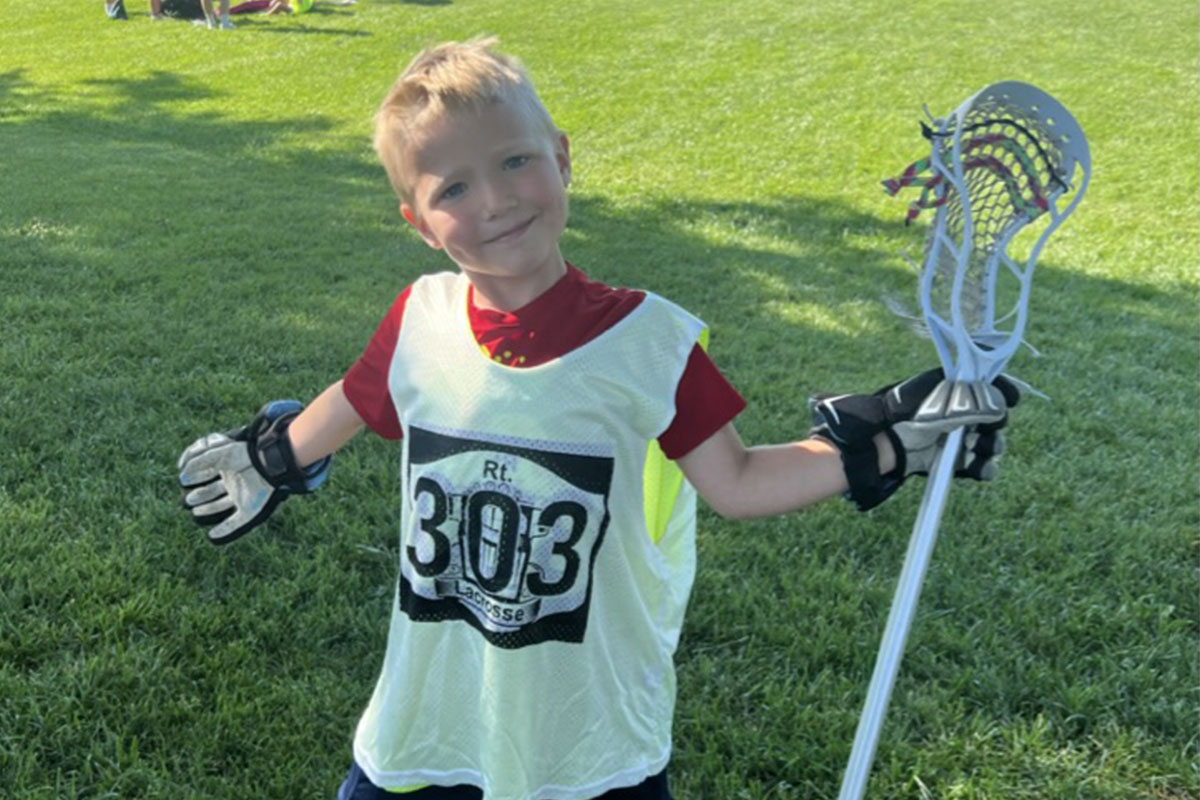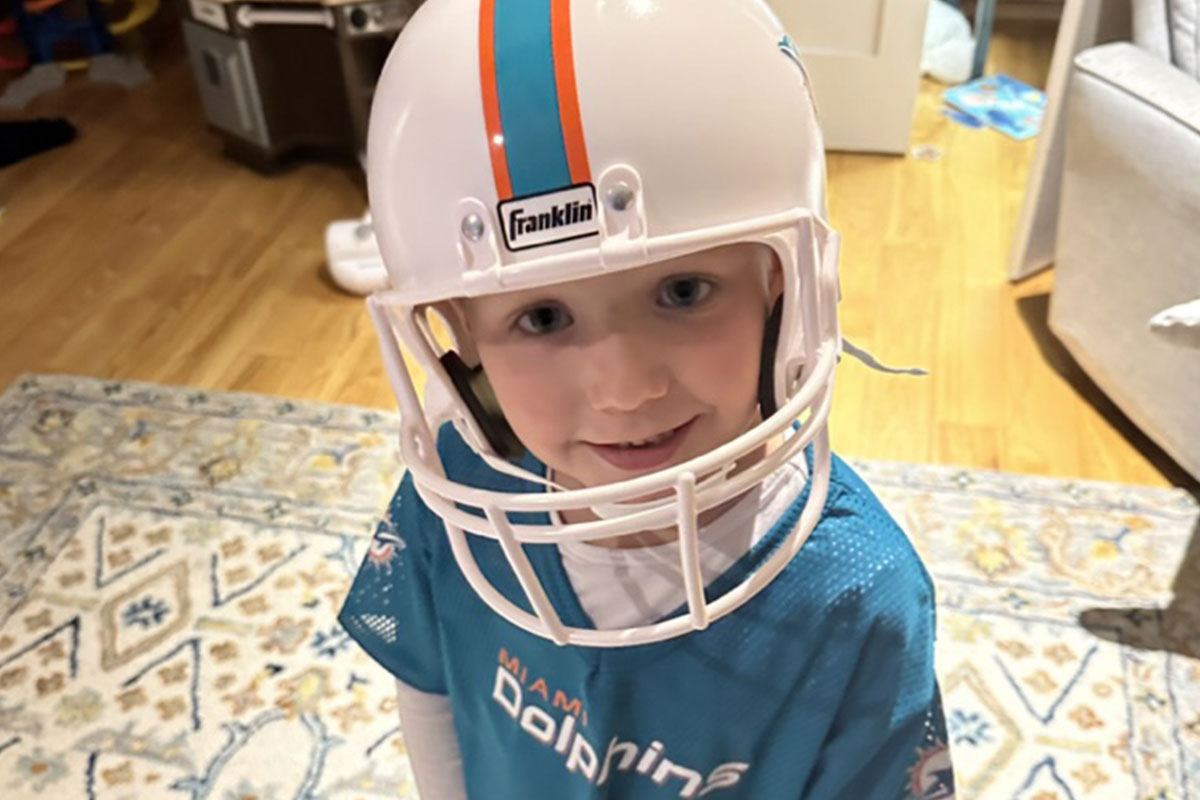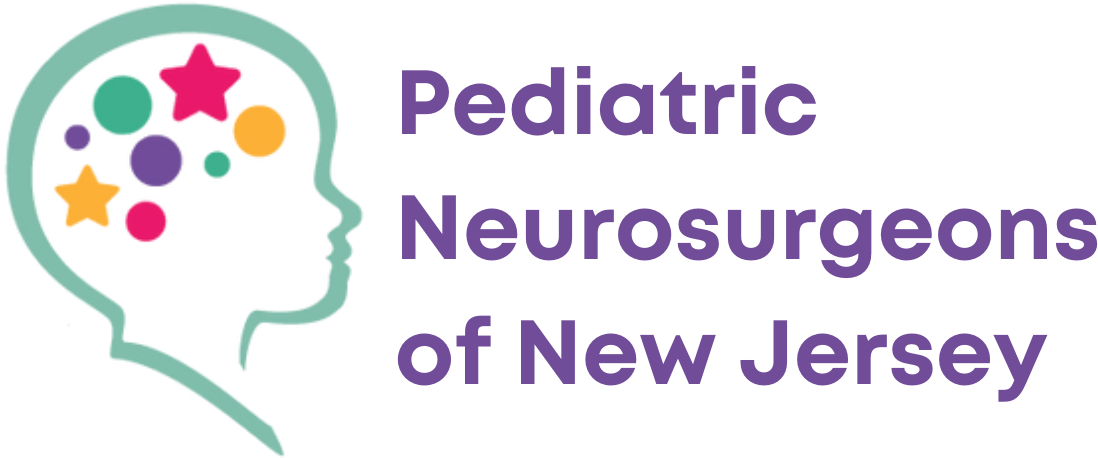Sports are an integral part of children’s lives, crucial for physical fitness and socialization. However, they also carry the risk of injuries, particularly concussions, which demand expert care. Dr. Tim Vogel specializes in managing sports-related injuries and concussions in young athletes and children. With his expertise and dedication to the well-being of young athletes, Dr. Vogel provides comprehensive evaluation, management, and treatment of sports-related head injuries and concussions, ensuring the safe return of young athletes to their chosen activities.
The Importance
of Treatment
A concussion is a brain injury with far-reaching consequences that extend beyond the sports field. An estimated 3.8 million concussions occur annually in the United States in sports and recreational activities, yet nearly half of these injuries go undiagnosed. This prevents children from receiving the timely care they desperately need.
Most concussions will naturally resolve, but proper diagnosis is essential to allow the child’s brain to heal before returning to physical activities that could exacerbate the injury. Without appropriate care and management, symptoms may persist, leading to prolonged suffering, permanent mental and physical disabilities, or, in the most severe cases, even death. The importance of prompt and accurate concussion treatment cannot be overstated.

The Signs & Symptoms:
- Persistent or severe headaches.
- Feeling lightheaded or unsteady, sometimes accompanied by nausea.
- Disorientation, memory problems, or difficulty concentrating.
- Trouble with coordination and balance.
- Nausea or vomiting.
- An increased sensitivity to light or noise.
- Blurred or double vision.
- Speech difficulties, such as slurring or difficulty finding words.
- Loss of consciousness (in severe cases).
- Changes in mood, increased irritability, or personality changes.
- Unusual tiredness or drowsiness.
- Sleep disturbances, such as difficulty falling asleep or excessive sleeping.
- Seizures (in rare cases).
Recognizing these symptoms promptly is crucial for seeking medical evaluation and appropriate care for sports-related injuries and concussions. If you notice these signs and symptoms in your child, please consult our medical team for an evaluation. You can also contact us if your child has a new concussion diagnosis or if you need a second opinion.
The Types:
- Simple Concussion: A simple concussion is characterized by a brief period of confusion and disorientation without loss of consciousness. Symptoms typically resolve within a week.
- Complex Concussion: A complex concussion involves more severe symptoms and may result in a longer recovery period. Loss of consciousness and amnesia may be present.
- Second Impact Syndrome: This rare but dangerous condition occurs when a second concussion happens before the symptoms of a previous one have resolved. It can lead to rapid brain swelling and is a medical emergency.
- Post-Concussion Syndrome: Some individuals experience prolonged symptoms lasting weeks or months after the injury. This condition is known as post-concussion syndrome and can affect cognitive and emotional functions.
- Chronic Traumatic Encephalopathy (CTE): CTE is a neurodegenerative condition associated with repeated head injuries, including concussions. It can cause long-term cognitive and behavioral changes, often seen in athletes with multiple concussions.
- Cervicogenic Concussion: In some cases, concussion-like symptoms may result from neck injuries rather than direct head trauma. This is referred to as cervicogenic concussion.
The Diagnosis
Diagnosing sports-related injuries and concussions involves a comprehensive evaluation, often starting with a detailed medical history and physical examination. Additional diagnostic tools, such as neuroimaging (CT scans or MRI), may be used to assess the extent of the injury. Our team may also perform cognitive tests and balance assessments and provide a symptom questionnaire to determine the severity of the concussion. After a thorough evaluation, we curate a personalized treatment plan to ensure the young athlete’s safe return to activities.

The Treatment
The treatment of sports-related injuries and concussions primarily revolves around rest and symptom management. After diagnosis, a period of physical and cognitive rest is essential to allow the brain to heal. In some cases, medications may be prescribed to manage symptoms such as pain or sleep disturbances. A gradual return-to-play protocol under our guidance ensures the athlete’s safety and reduces the risk of re-injury. We also offer education about concussion prevention and recognition for the overall management of these injuries.
Preventative Tips & Strategies:
- Ensure athletes wear appropriate helmets, padding, and safety equipment.
- Educate athletes on the correct techniques for their sport.
- Inspect sports equipment regularly to ensure it is in good condition.
- Enforce rules and guidelines designed to minimize high-risk plays.
- Ensure trained adults are present during sports activities, especially for young athletes.
- Encourage athletes to maintain good physical fitness and conditioning.
- Emphasize the importance of adequate rest and recovery between practices.
- Ensure the athlete slowly returns to activities as recommended by our specialists.
Schedule Your Consultation
Dr. Tim Vogel is a distinguished leader in pediatric neurosurgery. With over two decades of expertise, Dr. Vogel has served as the Chief of Pediatric Neurosurgery at Joseph M. Sanzari Children’s Hospital, earning recognition as a Top Doc in Bergen County. If you suspect your child has a concussion or received a concussion diagnosis, please schedule a consultation with Dr. Vogel today to support your child’s prompt recovery.

